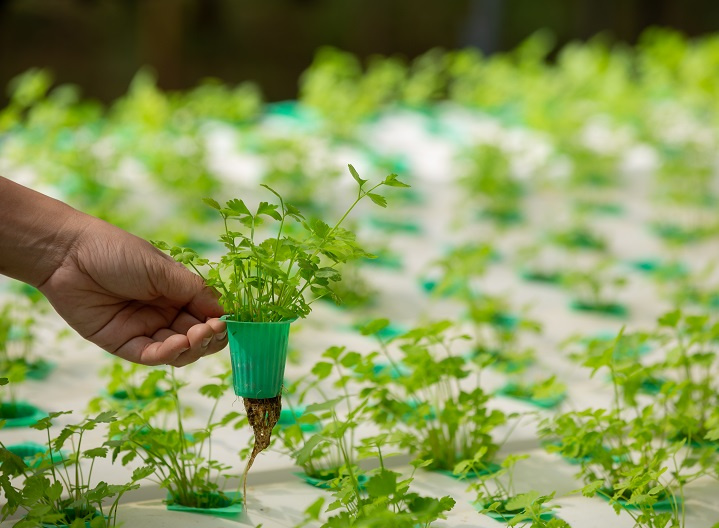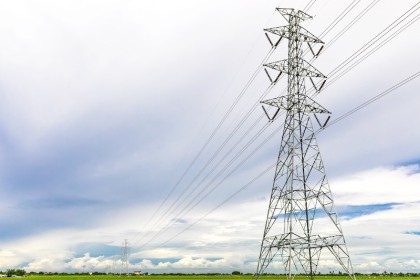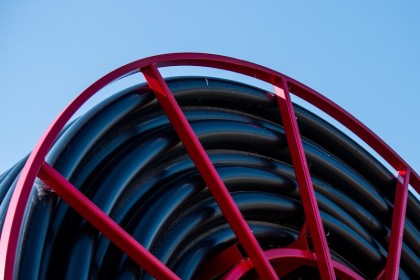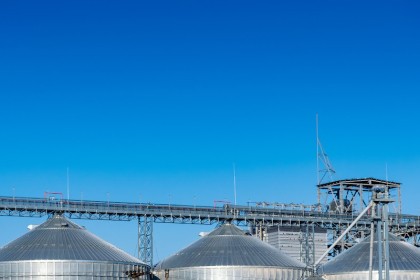
Hydroponics, South Africa: A Solution to Climate Change
Hydroponics is the practice of growing plants in water instead of in soil. Essentially, plants are grown in a material like vermiculite, that provides support for the roots while supplementing them with the nutrients they need to flourish in water. There are multiple approaches to designing and setting up a hydroponic system, but the core concept and elements remain the same.
The hydroponic method might seem strange when compared with traditional farming methods, but it could solve the problem farmers are experiencing with climate change as well as provide higher yields whilst using fewer resources.
What Is Required for Hydroponics?
- Water: fresh, filtered water with a balanced PH level. If need be, the acidity level can be adjusted with an over-the-counter solution.
- Oxygen: the water needs to be oxygenated via an air pump or air stone. Alternatively, space is left between the plant and the water reservoir.
- Root support: to ensure the plant has something to grip onto vermiculite, perlite, peat moss, coconut fibre and rockwool is placed in the system.
- Nutrients: to ensure the plant is healthy, multiple nutrients are added. These include calcium, magnesium, phosphorus and more.
- Light: all plants need light and if they are being grown indoors, they will need to be supplemented with artificial lighting.
Advantages of The Hydroponic Method
With a higher yield, fewer resources, and the ability to grow plants anywhere at any time, the advantages of hydroponics are impressive.
Grow Anywhere at Any Time
Farmers worldwide are struggling with climate change. Rainfall patterns and temperatures are not what they used to be, making it increasingly more difficult to grow healthy crops that yield the same amount of produce. Luckily, when using hydroponics, one can grow crops all year round without any interference from rainfall patterns or temperature fluctuations.
The challenge of finding ideal soil also becomes a thing of the past. By allowing for growth in cityscapes, deserts and more, space to grow becomes a lot more accessible. This could alleviate concern around overpopulation and the need for more space to produce more food growth. With hydroponics, the solution for hunger relief is within reach.
Higher Yield
More “space” isn’t the only aspect that contributes to a higher yield when it comes to this way of growing. Since plants are given all the nutrients they could possibly need, they don’t have to go “digging” for them within the soil. This means that the plants spend more time growing upwards instead of developing extensive root systems. They can even mature up to 25 percent faster than their traditionally planted counterparts while providing an increased crop yield.
You might be wondering if the increased crop yield and maturation time is worth the number of resources it requires. The answer is, yes.
Fewer Resources Are Needed
Unlike traditional farming techniques, fewer resources are required to produce an influx of crop yield.
This is because hydroponic systems use less water than soil-based systems. This is due to the fact that it is a closed system that does not allow for as much evaporation. It is also possible to filter the water that is left over from previous harvests and reuse it for the next crop.
Pesticides and other harmful products are also a thing of the past when using a hydroponic system. Since the plants are protected from plant diseases and pests, like aphids, found outside, prevention resources aren’t needed.
The Future of Hydroponic Suppliers
With all the benefits available, it is clear to see that the future of farming is hydroponic growing systems. Farmers will not have to worry about their crops failing. It is a safer option and, considering how environmentally friendly this method is, it will be a preferred product to those looking for an “earth-friendly” option.
Finding A Hydroponics Equipment Supplier
Even though hydroponic farming is fairly easy, it is a system that needs to be set up correctly. It is extremely important to ensure that the system works efficiently to yield the best results possible. Visit the AgriFoodSA agricultural directory to find out about hydroponics and hydroponic equipment suppliers in South Africa.












